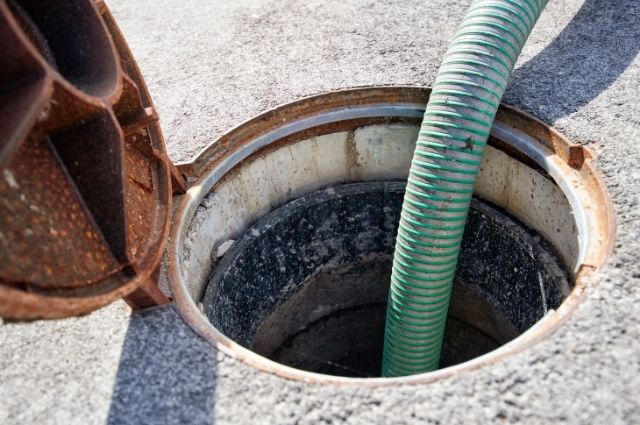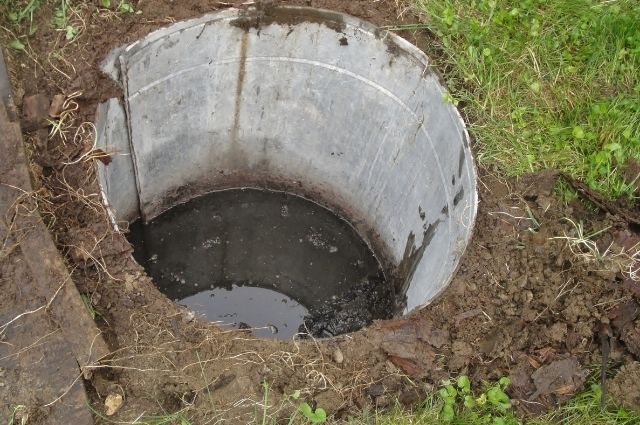
A septic tank is an essential plumbing fixture at home. Yet, septic tank pumping is also one of the easiest maintenance tasks to ignore or forget.
Your home’s septic tank serves two purposes:
- to hold wastewater and break down bacteria
- to store undigested solid substances for future elimination
All too often, problems with septic tank systems can turn disastrous when it’s too late for a quick repair.
Contact Stellar Plumbing for your septic tank maintenance and repair needs. Our full-service expert plumbers are ready to assist you 24/7!
So, how often should you pump your septic tank? How do you take better care of your septic systems? Read on to find out!
How Often Should a Septic Tank Be Pumped Out?
The septic tank pumping frequency varies depending on the following factors:
- Household size
- Septic tank size
- Amount of wastewater generated
- Types of substances you’re disposing
- Garbage disposal fixture (if available)
- Climate
According to the United States Environmental Protection Agency (EPA), septic tank pumping must be done every three to five years. Inspections should be done by a septic system service professional at least once every three years to further maintain it.
What To Know About Septic Tank Pumping

Forgetting to pump your septic tank regularly can expose you to more headaches and plumbing issues at home.
Continue reading to learn more about septic tanks.
Signs That Your Septic System Is Full
Here are the signs that your septic system is full and needs emptying:
- Pooling water (even without raining)
- Foul odor
- A slow or malfunctioning drain field
- An overly damp lawn
- Trouble Flushing
- Sound of gurgling pipes
- Sewer backup
The Consequences of Not Pumping Septic Tanks
So, what happens if you refuse or forget to have your septic tank pumped?
Septic tanks need to be pumped regularly to avoid the build-up of solid substances, clogging, and an early deterioration of the system. Here are the signs of a problematic septic system:
- Muddy areas over the drain field
- Smelly sewage
- Slower low draining systems
- Wastewater backing up into the house.
Septic Tank Maintenance Tips
Aside from following the recommended frequency of septic tank pumping, you also have to be careful of pouring substances into your toilet and sinks.
To maintain your septic system’s service intervals, the general rule is to avoid flushing or pouring any substances besides human waste.
Avoid doing the following in your kitchen and utility sinks or bathtub at home:
- Using chemical drain openers for a clogged drain. Pour in boiling water or use a drain snake instead. If the clog is severe, let a professional plumber inspect it.
- Pouring greasy substances, oil-based paints, latex paint waste, solvents, and other toxic cleaners down the drain.
- Not using your garbage disposal appliance properly
In addition, here’s a list of things you need to avoid flushing down your toilet:
- Greasy and oil-based substances
- Non-flushable wipes, such as wet wipes, condoms, diapers, and feminine hygiene products
- Photographic solutions
- Household chemicals like gasoline, pesticides, antifreeze, and paint or paint thinners
- Dental floss
- Cigarette butts
- Pharmaceuticals
- Coffee grounds
- Cat litter box
- Paper towels
Get A Stellar Septic Tank Pumping Service
Septic problems must not be ignored unless you want unsanitary water making its way back to your pipes because you’re not taking care of your system.
Even if your septic tank doesn’t show signs of a problem, regular maintenance is necessary!
Remember that your septic tank needs to be pumped and repaired by a professional plumber only.
If you need an expert helping hand to keep your septic tank functioning to its full capacity, call Stellar Plumbing today anytime!
With over 20 years in the plumbing business, we know how to get the job done right! Our expert plumbers are here to serve you 24/7!
Call us today if you’ve got any inquiries regarding septic pumping and plumbing system issues.
